I love to jog. It’s a solitary pursuit that brings contentment to my body, mind, and spirit.
One of my favourite places to indulge in this pleasure is along the Baie des Chaleurs coastline in Maria, Quebec – my father’s ancestral home since the first of us arrived from Scotland in 1755.
A few years ago, I stepped out of the old, white shingled farmhouse with its green tin roof and began with a walk down the long, tree-lined driveway to the seashore.
The unwelcome disturbances of my monkey mind were muted as I shifted into the moving meditation. Jogging is a cultivated pause from my ongoing thinking about my business and the other things that make up the design of my life, like the pattern on a bolt of hand-woven silk: beautiful, intricate, occasionally complicated by a dropped thread.
I warm up with knee lifts, butt kicks, and a fast walk down that ancient driveway towards the sea. I admire the pink water lilies luxuriating on the pond like divas awaiting Monet, the lock of handsome bulrushes swaying in the wind as though waving me onward.
The end of the driveway is the portal. There I enter my runner’s trance. My breath easily syncs with the lapping waves as I prepare to blend with nature for my one hour of devotion to the run and its promise.
I take the path heading east along the breakwater, which is usually shared by joggers and cyclists but also serves as the wide shoulder for traffic.
However, at this early hour, I am alone.
The beach below is constantly gifted by waves arriving with agates, red jasper, quartzes, and sea glass – all beachcombers gems but hard on the bare feet for those out for a casual stroll.
The shore is adorned with driftwood, some of its roots as huge as tractor wheels and some twigs the size of tiny nails – all equally weathered into a soft gray. The waves are rough this morning, delivering reams of seaweed resembling loosely tangled balls of dark yarn. They emit the distinct scent of the sea crashing upon the sand.
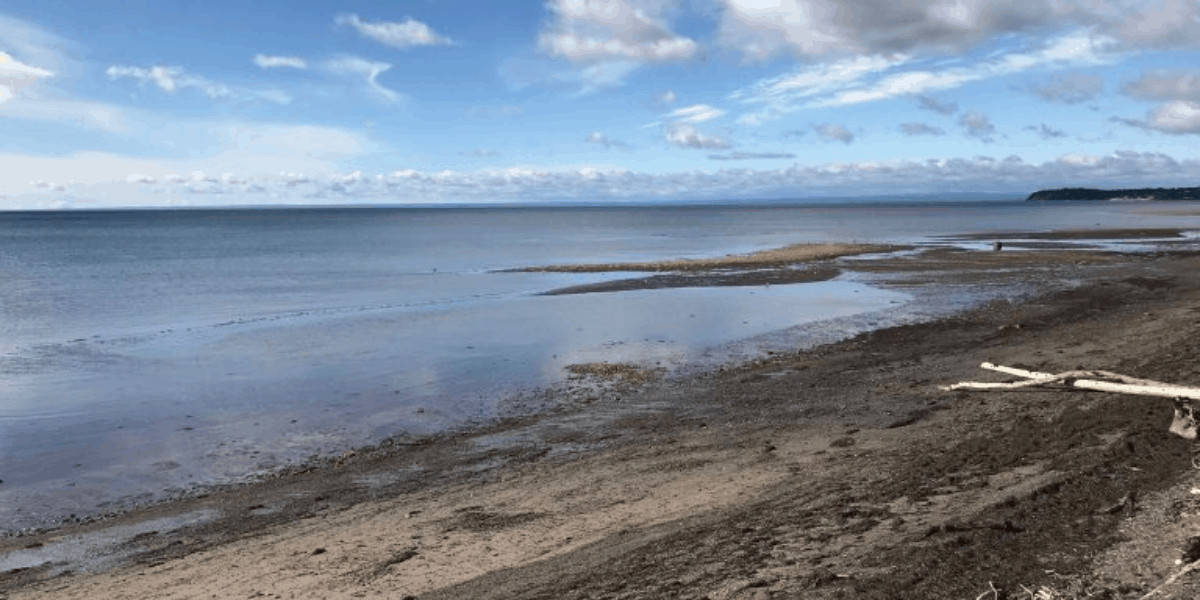
Along the Chic-Choc Mountains, the sun brings out many shades of green upon the canopy of trees. This is the kind of epic view that does more than take my breath away: it inspires me, empowers me, makes me believe in a higher power.
In reverence, I take up the slow jog and my spirit connects to the earth and sea. I pull cool air deep into my lungs. The sound of my footfall is made richer by its splashing in shallow puddles.
Nature seems to want me there as the weather conditions adapt for my comfort. The clouds grow fuller and ease the sun’s glare so I no longer have to squint. The heavier clouds arrive with a breeze that cools me as I pick up my pace.
Soon the clouds release a warm summer mist that gives way to plump droplets as though cued by my hot skin needing to be quenched. A few minutes later, rainwater drips off my ponytail over my shoulders, then wicks off my fingertips.
I love this feeling of being baptized by sea mist and summer rain. It makes me feel cleansed, my burdens washed into the sea.
About half-way through my run, I reach my destination: a small park at the edge of the village bordered by a tiny cabin that had belonged to my first Canadian ancestors. I am proud of the place and the sign on the lawn that relates the story of The Mowatt House, the first auberge on the coast.
How ironic though that a humble cabin boasts such an important place in the local history and tourist trade.
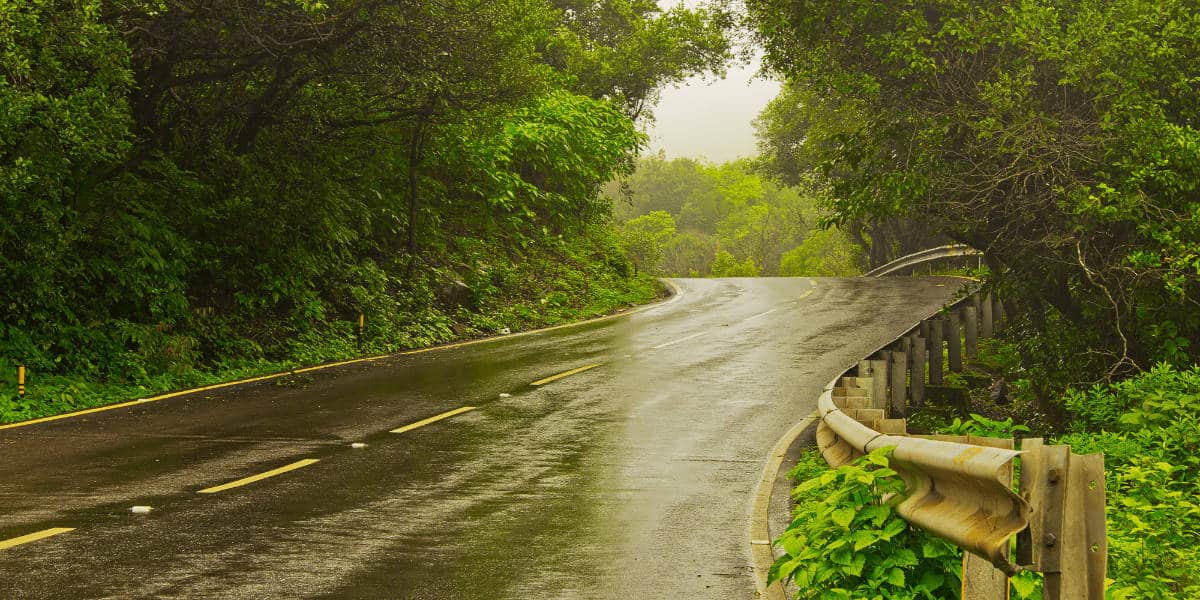
Turning around to head back, I start running against the wind just as the first wave of fatigue hits me. The road that was all mine is now filled with morning traffic. The sea mist and rain that had been so welcomed now creates the spray of cars and trucks. It’s an assault to the senses to now smell the tires and dirty road as wet grimy speckles of mud coat my face and torso with every car and truck that passes.
My shoes, now soaked and heavy, cause blisters through my socks and make me worry that I will twist an ankle as my feet slosh around inside them.
I am determined not to quit despite the suddenly unfavourable weather. The difficult conditions draw me out of my reverie and cause me to realize that the challenges faced by runners are like those faced by business owners.
To distract myself from the discomfort, I muse about the similarities between physically running and operating a business. Maybe that’s why they call it running a business!
I am jolted out of my thoughts by a car directly approaching me. As I hop out of the way, I gesture my annoyance at the driver. With the rain in my eyes, it would have been easy not to have seen his car.
I could have been hurt. I was irritated at the driver for distracting me from my pace, focus and creative thinking. It took me a short while to regain my groove.
A few moments later, it happens again: another driver distracting me. This one pulls up right next to me, unrolling the window and slowing to a crawl.
Really, buddy? I think. Have you not noticed that I am running here? Did you not think for one moment that I maybe don’t want to be bothered?
I ignore him, but he doesn’t go away! He continues to cruise alongside me.
“Yes?” I finally snap, turning my angry, wet face to look directly at the guy.
“Have you noticed it’s raining?” says a man who is not actually a stranger at all, but my husband. “I’ve come to get you out of the rain. Get in.”
“Oh, hi,” I say on an exhale, my irritation also releasing slightly. “I’m good.” Not wanting to waste further breath on the conversation, I wave him off with no intention of giving up my run.
“Really?” he says, looking baffled about me. “Are you kidding?”
“I’m fine, almost done,” I insist.
“Ohhhh Kayyyy” he says, shaking his head, knowing there’s no point in arguing with me, as he drives off.
My driveway is now visible in the near distance, marking the day’s finish line. There’s no time to get back into that previous wonderful headspace. With the weather getting worse and fatigue setting into my bones and muscles as though in lockstep, I’m irritated at having my last stretch interrupted.
What were the odds of it happening twice?
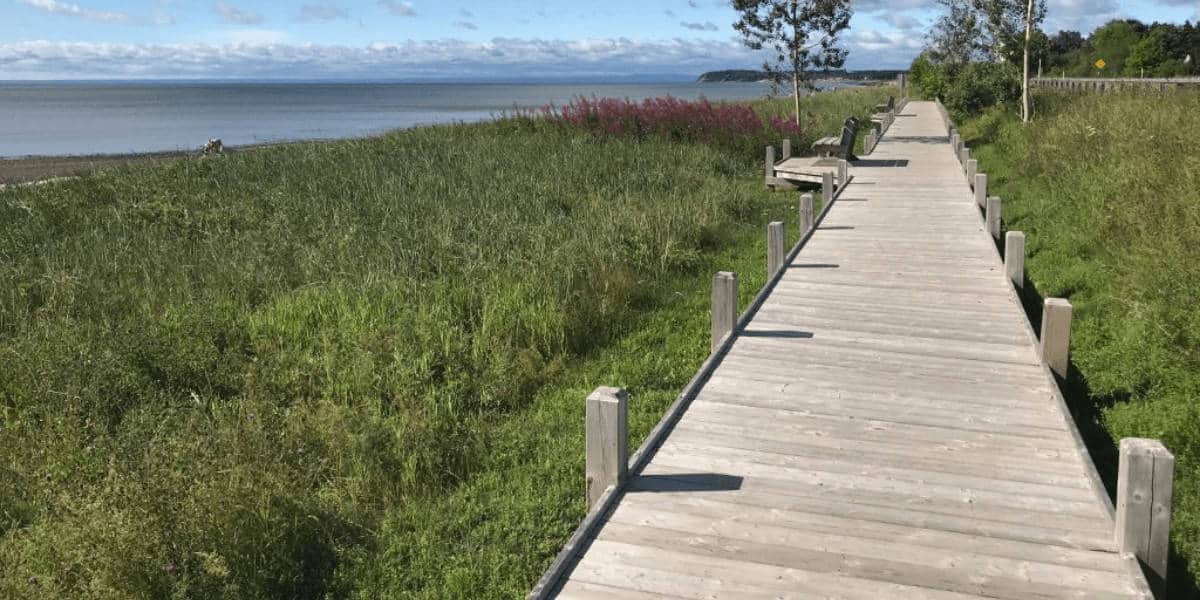
I realize that the first driver who interrupted me was also my husband. Knowing my route, he had come out to meet me, and when I did not recognize him during his first drive by me, he turned around and came back to try to give me a lift again.
He was not a distracted rude driver but my concerned husband trying to anticipate my needs. I was so focused on my run that I didn’t recognize my own car or my own husband!
I reach the top of the driveway physically feeling and no doubt looking like the soppy, limp seaweed that rolled up on the beach. Body fatigued but mind and spirit soaring because I had achieved my goal, despite the difficult conditions and interruptions.
Then, I have a flashback to something I always mention in my coaching conflict resolution workshops: We judge others based on the impact they have on us. If the impact is in any way negative, we naturally assume that the intention was equally negative.
When an unidentified driver distracted me from the experience that I was enjoying, it really annoyed me. When I realized that the driver was my husband arriving to get me out of the rain, my perception completely changed along with my attitude towards the situation.
Irritation gave way to gratitude.
In other words, when my perception changed, so did my feelings about the experience. My mood and subsequently my approach both improved once I had the full picture.
With a last burst of energy, I broke into a full sprint up the driveway. My thoughtful husband and two beautiful sons stepped out onto the covered porch to welcome me back.
They laughed with me as I pumped my arms up and down, cheering for myself.
This story has a powerful lesson for coaches. Being present is important and in order to be present, we need a high degree of emotional intelligence to recognize our emotions and what triggers them.
For years we have been told that emotions have no place at work but now we know better.
Emotions always beat rational thought and then we rely on reason or information to change our emotional state, so we need to use our hearts and our gut as well as the power of our thoughts. This means being curious about our feelings, being courageous enough to take a good look at them and then using our minds to come up with new ideas or how to be the master of our own experience.
As coaches, we must be present enough to recognize when triggers are at play so that we can address them, work through them and find a better state.
When you change your perception, your attitude and feelings change too, as does the experience that you have.
Coaches, start the work on yourself – leaders always go first.
Consider your own perceptions. What triggers you and when you get triggered, what judgements do you make?
I would love to hear your stories, let me know in the comments below.
_________________________
Enjoyed this article? You might also like:
Do no harm: When does taking a stand cross the line?
Navigating leadership in the new normal: finding your strength
Basic human needs, resilience and psychological safety in the age of Covid 19


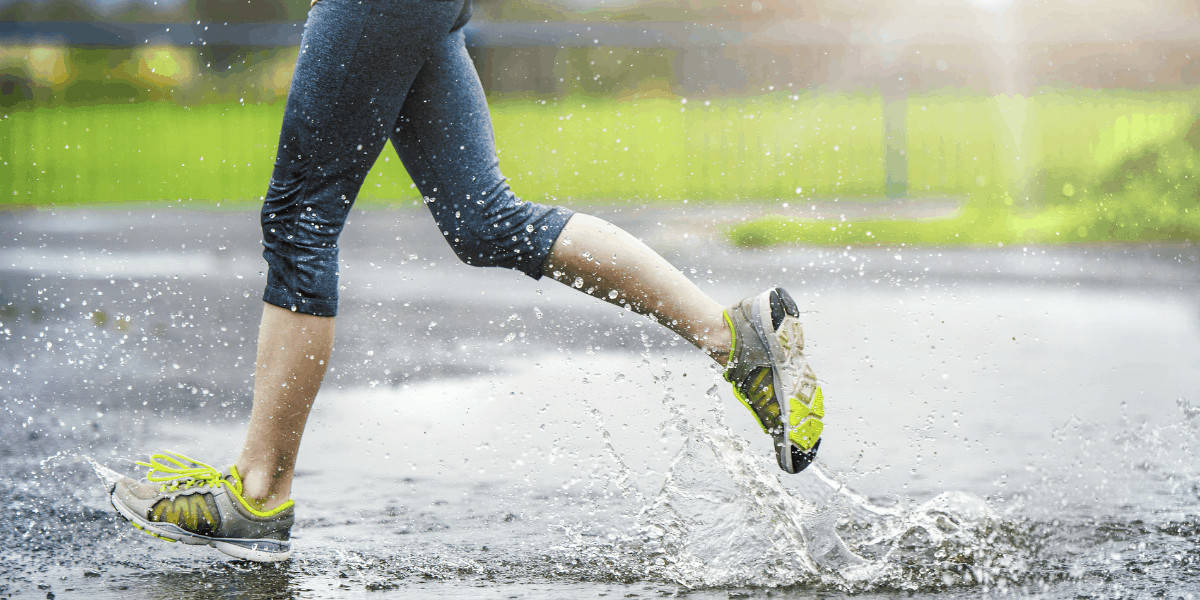

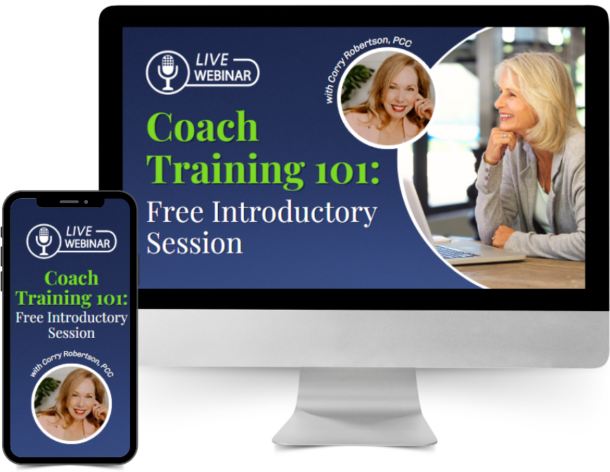
0 Comments